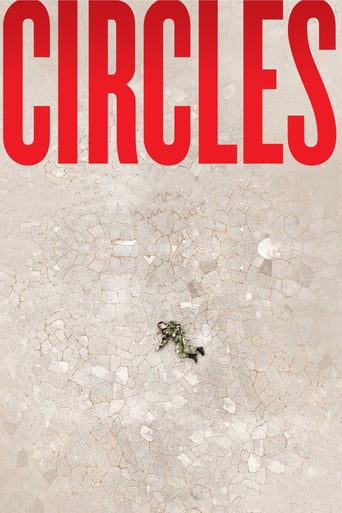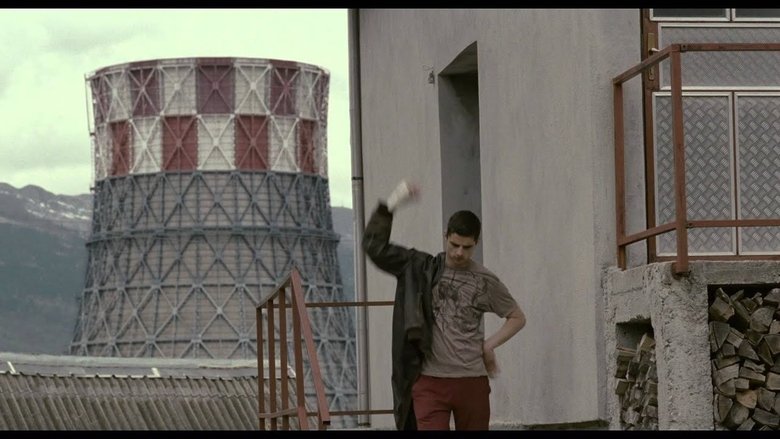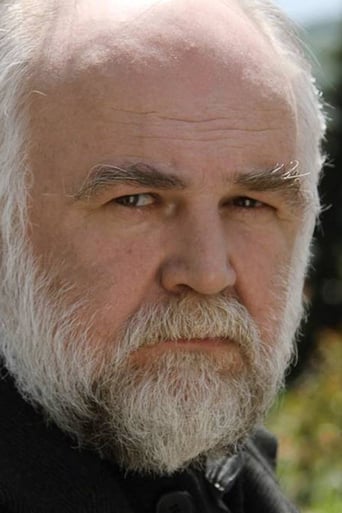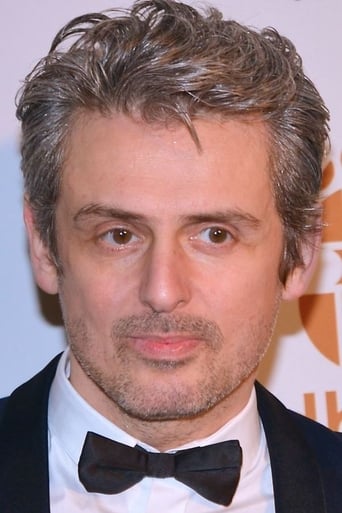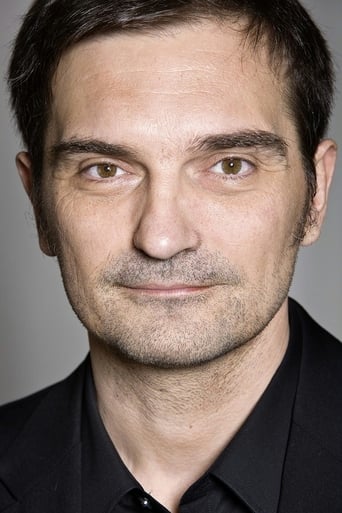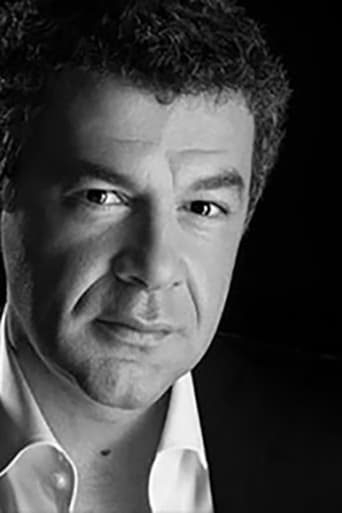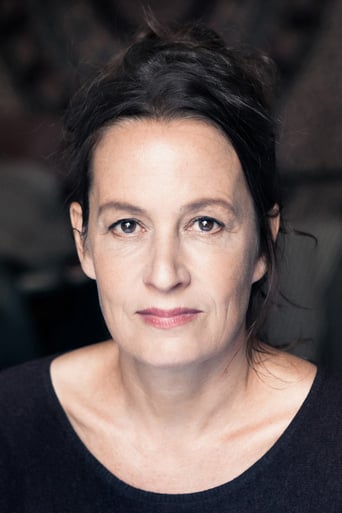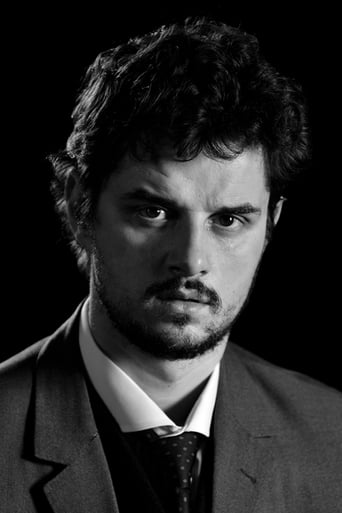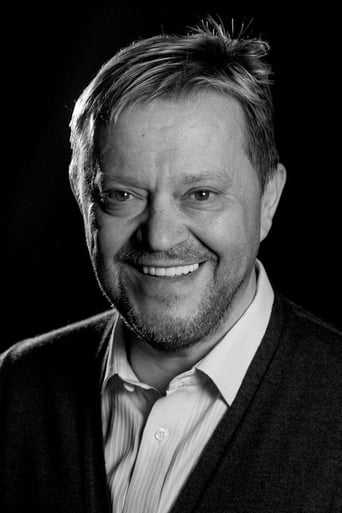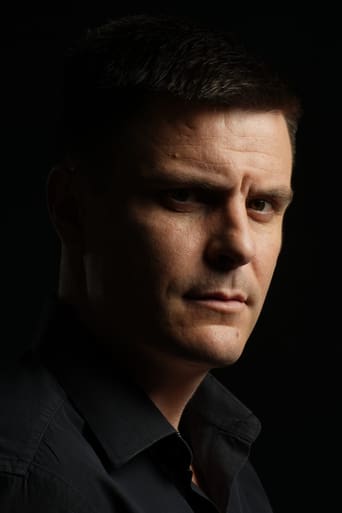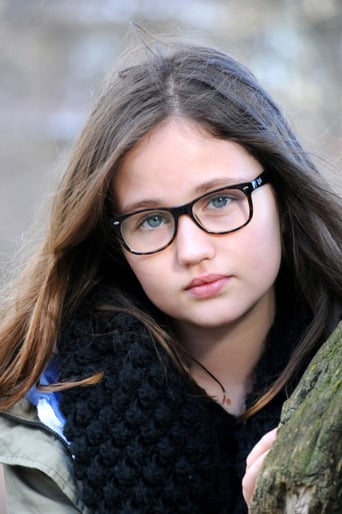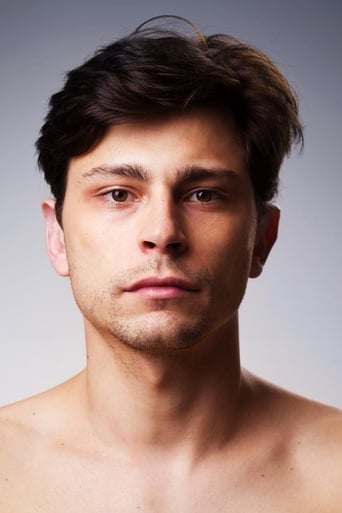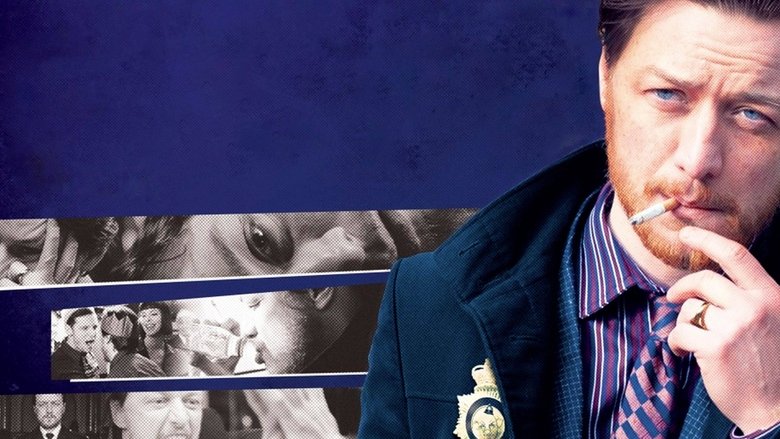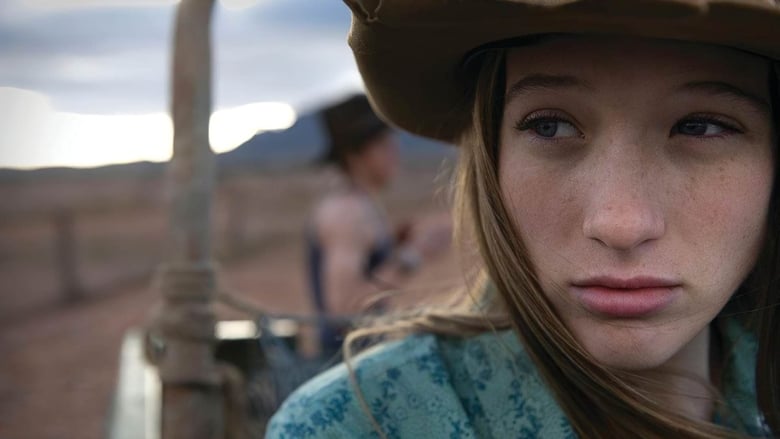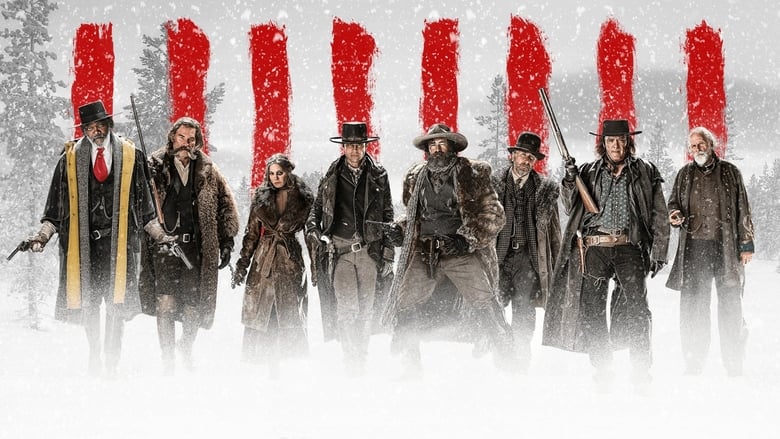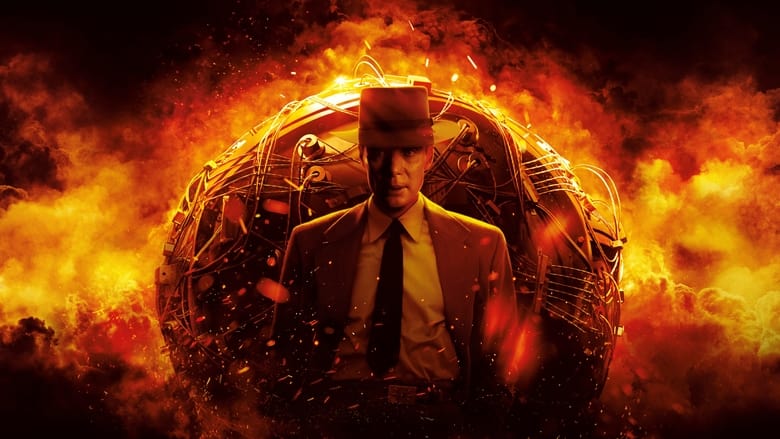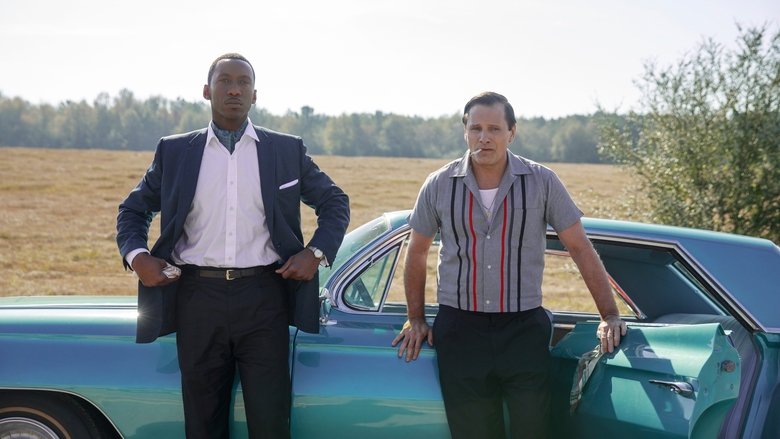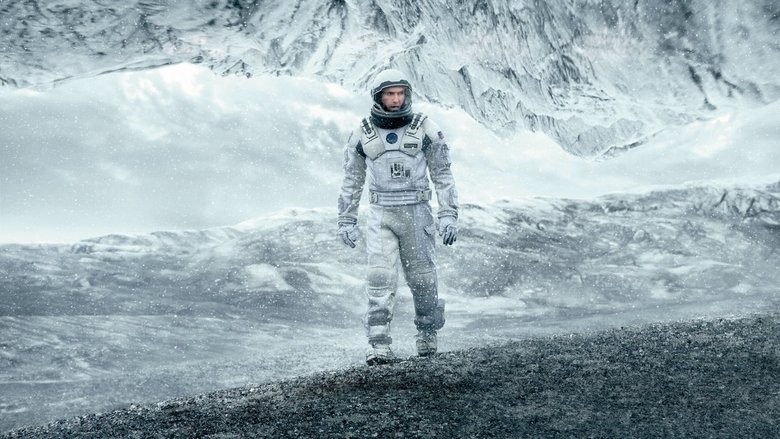Circles (Serbian: Krugovi) is a Serbian movie based on the true story of a Serbian soldier who risked his life to protect a Muslim civilian during the war in Bosnia. During the war in Bosnia in 1993, a Serbian soldier pays for his life after protecting a Muslim civilian from being attacked by three other soldiers. 12 years later, the consequences of this act of heroism are still having their repercussions.


Reviews
it is not only a good film. but support for reflection. about a war and about Balkans. about hate and about the small details. about feelings and about memories. about justice. and about the essential answers. the music, the image, the acting are only steps to a large circle of questions with not precise answers but with important role to define for yourself. it reminds few great European films but it remains different. for the salt taste, for the bitter atmosphere, for the traits of a lost world, for the beauty of few words and images, for the high talent of a remarkable team.a group portrait in the frame of ash circles. few amazing scenes. and the questions who does it a new form of documentary about an inside geography.Aleksander Bercek's silence. Nikola Rakocevic's character nuances.the admirable art of Srdan Glubovic. a film like a large question. and useful exercise of honesty for each viewer.
Even if it does not entertain you, Krugovi is certainly a movie that makes you think (about life in general, but also about Balkan history in particular). In troubled situations and extreme conditions, the ugliest and the most beautiful shades of the human soul reveal together. The tricky thing is that they seem to appear inter-connected, so a terrible bad might be the reason and the circumstance of some extraordinary good. The movie is inspiring, it is about hope in humanity, about people who act as human beings, even in that moments where the animal instinct reigns over the world. Souls talk, people not too much. There are rough characters, that create strong ties based on common memories. In spite of all, they seem to have an inner need to do the right thing. All the stories from this movie start from the same point, Marko a soldier in the Bosnian War is beaten to death because he was trying to defend a Muslim from harassment and possible death. Few years later, the characters of that scene arrive to deal again with each other.
All of us who are from the former Yugoslavia are stunned when a film like this comes out.My question is always was the war in the former Yugoslavia worth it? The answer is resounding NO! It was one of the most stupid wars since the dawn of mankind.As far as the film goes, it just is so excellent that it leaves me breathless. They do not make films about people any more, actually they rarely do. This one is must see! Gritty, that is how you can describe former Yugoslavia. And this film shows it well.For a Westerners it probably looks exotic. Actually it is. Full of PTSD and Paranoid psychosis, created by poverty and nationalistic struggle.If they ask me what they could do for these peoples to fight less I tell them create Germany on the territories of the former Yugoslavia. I know it is not an easy task, but that is the only solution.Trebinje kad me vidi jebi me! I do not know village on this Earth which hurted me more. First in 1943 they destroyed my house in Dubljani, about 30km west of Trebinje, evicted all the Croats from there. Then, in 1991 they burned my house in Mlini near Dubrovnik, they also sent soldiers to bomb my hometown of Sarajevo.I wish it never existed, but I will never hurt anyone from there, I just am not that kind of person.
In Circles, Serbian director Srdan Golubovic dramatizes the need for warring factions to move beyond their animosities. The film is framed by the start and the end of a scene in Bosnia, 1993, based on an actual event. The golden Serbian off-duty soldier Marko sees three colleagues brutalize a Muslim civilian, the tobacconist Haris. When Marko intervenes, Haris runs off but the soldiers turn on Marko and kill him. Marko's young doctor friend watches helpless, while other citizens look away.The bulk of the film shows the characters still dealing with that death in Serbia, 2008, their wounds having outlived the war. Marko's fiancée Nada drifted off after her loss, married a brute and is now trying to escape his menacing pursuit of their young son. Haris helps her find a job and flat, then pays for her son's passport to enable her escape to Bosnia, where her husband faces arrest. The husband gives Haris a second severe beating but refrains from killing him, his eyes tearing up when he realizes he has lost his son. Marko's aging father Ranko is still alienated from the widow of one of Marko's assailants. He refuses to employ their grown son on his project, to relocate an old stone church from the power plant to a country hilltop. The church is an emblem of taking the moral high road. At the young man's persistence the old man softens, gives in, comes to accept him, and as he speeds him to a hospital after an accident cradles his head and tells the driver the boy is his son. Haris phones Ranko on the anniversary date of Marko's death. Now he calls him after this second beating. Though living in Germany now, Haris repays his debt to Marko by attending to his survivors. Marko's doctor friend is now the only surgeon who can perform the operation that will save the life of Todor — the leader of Marco's assault — after a serious traffic accident. The man recognizes him and futilely tries to get a different surgeon. The doctor is at first unwilling to save his friend's killer's life, especially when the brute denies remorse and calls him a "pussy" for his moral considerations. Post-operation this brute too tears up in gratitude for having been saved. One recurring motif is the long shot of a long winding road, like the one down which Ranko drags the crippled worker. It's an emblem of the long route to redemption, through forgiveness.The title has two implications. At one point Ranko muses that a stone dropped in water sends out spreading circles, but a good man's deeds don't. In this film Marko's death ends up having positive effects on the others, on Haris immediately and on the others up to 12 years later. They manage to break the circle of violence and hatred begetting violence and hatred. For more see www.yacowar.blogspot.com.
